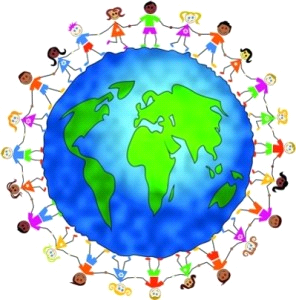Coming back from vacation in august is always a challenge! Prioritisation between different things is difficult. There is simply not enough time available! It is also clear, based on the urgency of matters, that we are a very international university. We have a lot of our Swedish students coming home after studies abroad with new course portfolios to handle. Some of them look quite different from the agreed upon ones a year or more ago. The most common reason for that is the fact that many other universities seems to be able to stop their courses from being run with very short notice. Our students simply have to find something else of interest. We also have a lot of foreign students coming in for master program studies at ITM (at least 300) but also to a lesser extent for dual degree or so called dual master. Many of us are also quite confused with some of these concepts. On top of that we have paying and non-paying students from Sweden and EU.
A few years ago, if you recall, KTH had a general problem with “The Balance”. We had too many incoming students and too few outgoing and this led to an imbalance. Several activates were initiated to mitigate this. And we have been very successful! We have now since 4-years an international “track” in the M-program, we have rearranged courses and structures in most programs to simplify for our own students to “go out”. We have also sponsored our own MFS (Minor Field Studies) for KEX and MEX students (even if this actually not helps the balance since they are registered at KTH). We have also initiated collaboration with Universities through new master programs mostly in the KIC Inno Energy. Also international collaborative PhD program are running at Energy Technology and Indek.
Do we have a problem, one might ask? On one hand we are doing relatively well at KTH but we also sense a lack of strategic direction at school level. In order to set things straight, on Tuesday this last week the ITM board gathered for a 4 hour creative meeting in Sing-Sing to discuss the strategy for the future. Where are we going from here? Should we go for even more international collaborations through master programs, should we focus on recruiting more paying students or should we further intensify our efforts to send out our own students, or all of it, at the same time?
A few things were clear: International collaboration requires resources. Several good proposals were made and among these are to better utilize already existing research collaborations. Also to investigate the possibilities to use existing networks such as Cluster in Europe. The KTH prioritized regions were also discussed. Another issue is underutilization of funding opportunities from EU Erasmus + for instance.
Stay tuned for some new working groups during the fall!
/ Per Lundqvist, GA

